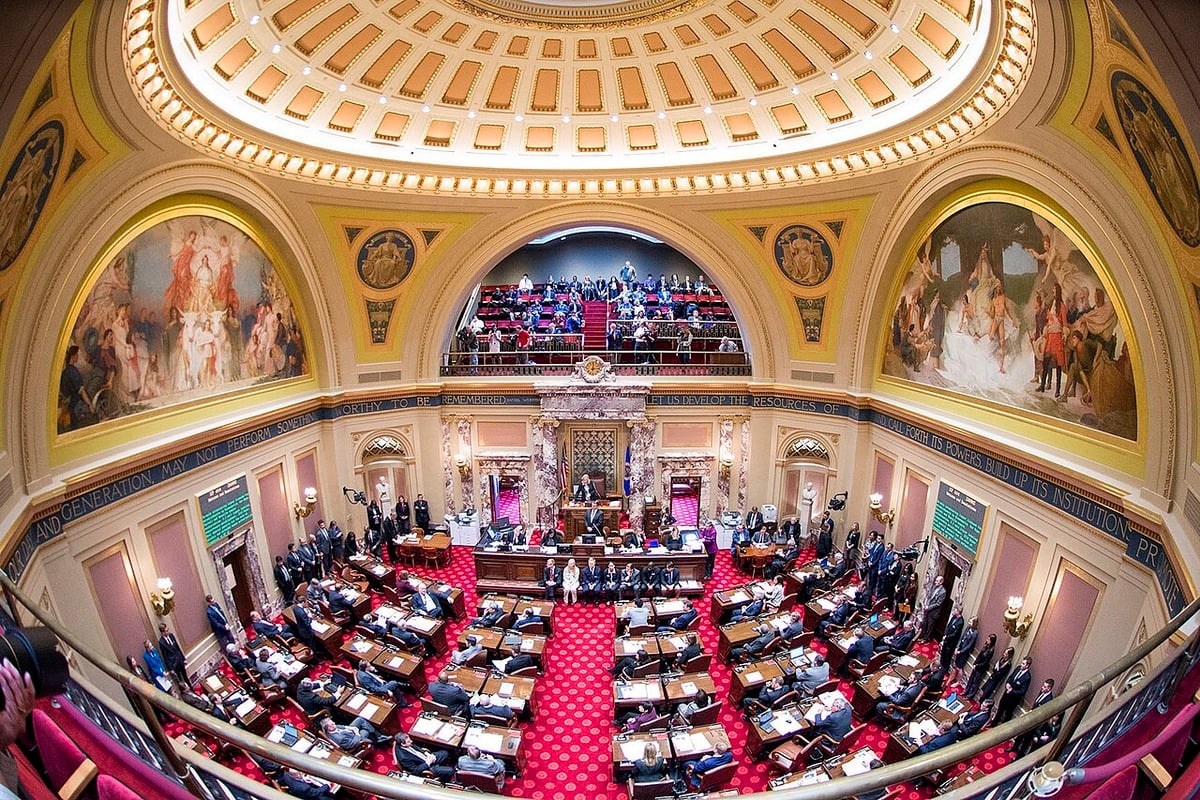UPDATE: Turkish prosecutors have just announced an indictment against Ekrem Imamoglu, the popular mayor of Istanbul and leading candidate for the 2028 presidential election, seeking an astonishing 2,000-year prison sentence for nearly 150 alleged crimes. This shocking development comes just months after Imamoglu’s arrest in March 2023 on dubious corruption charges, raising serious concerns about the integrity of Turkey’s judicial system under President Recep Tayyip Erdogan.
The indictment, released on Tuesday, accuses Imamoglu of orchestrating a vast organized crime syndicate that purportedly enriched its members. Among the bizarre allegations are charges of environmental pollution and misleading information dissemination. This sweeping indictment is part of a broader crackdown that has seen over 100 suspects arrested alongside Imamoglu, with many facing similar charges in a politically charged environment.
The Republican People’s Party (CHP), Turkey’s main opposition party, condemned the indictment as a blatant political maneuver aimed at silencing Imamoglu and undermining the opposition. CHP leader Özgür Özel stated, “This case is not legal; it is entirely political,” emphasizing that the Erdogan regime seeks to maintain its grip on power by imprisoning its rivals.
Imamoglu’s arrest in March followed a series of attempts by the Erdogan government to revoke his 2019 mayoral victory against Erdogan’s chosen candidate, Binali Yıldırım. Following his nomination as the CHP’s presidential candidate, Imamoglu’s legal troubles have intensified, prompting widespread accusations of political repression in Turkey.
The Erdogan administration has faced international scrutiny for its handling of political dissent, with previous allegations of electoral fraud and the imprisonment of opposition figures, including Selahattin Demirtas, the pro-Kurdish leader, who has been incarcerated since 2016. The Turkish government’s increasing use of judicial power to stifle opposition raises alarm among human rights advocates globally.
As the situation develops, all eyes will be on the Turkish courts, where Imamoglu’s fate may significantly influence the political landscape leading up to the 2028 elections. With Erdogan’s regime increasingly viewed as authoritarian, the implications of this case resonate beyond Turkey, affecting international perceptions and relations.
Stay tuned for more updates as this story unfolds, and share your thoughts on what this means for the future of Turkish democracy.







